The very first Parasha, after the giving of the Torah described in last week’s portion, deals primarily with financial and social laws which make up the structure of a just society.
The Torah’s proclamation that “Justice, justice shall you pursue“ is not an empty slogan but is founded in detailed laws of conduct, which themselves branch out from the core values of the Ten Commandments.
The Torah instructs us, “When you lend money to my people, to the poor that is amongst you, you shall not be to him as a demanding creditor neither shall you place on him any interest.”
The great Sephardic sage Rabbi Haim Ibn Attar (1696-1743) interprets this to mean that when a person has assets that exceed his own needs, he is therefore in a position to lend money. He should realize that it is the money of the poor that he is holding and that he is only a conduit to distribute it to the needy; therefore, he should not be hesitant to lend nor be unreasonably demanding of repayment.
This, the Rabbi says, can be compared to the law that is brought up in the Talmud that if a father leaves his entire estate to one of his sons, it is to be assumed that he intended that this son should be the executor to distribute the estate amongst his sibling rather than the sole heir. The reasoning is that it is unlikely that a father would deprive his other children of their inheritance. Therefore, the selection of one child is assumed to be a designation that he is the administrator of the estate for all the father’s heirs.
Similarly, when G-d gives much wealth to one person and few belongings to another, we are to assume that the wealthy person was meant to be a distributor to the less fortunate. A person of means should therefore not begrudge helping the needy since it is their fair share which was entrusted to him to give away.



